What's a Push Primer?
Published on March 08, 2021/Last edited on March 08, 2021/4 min read
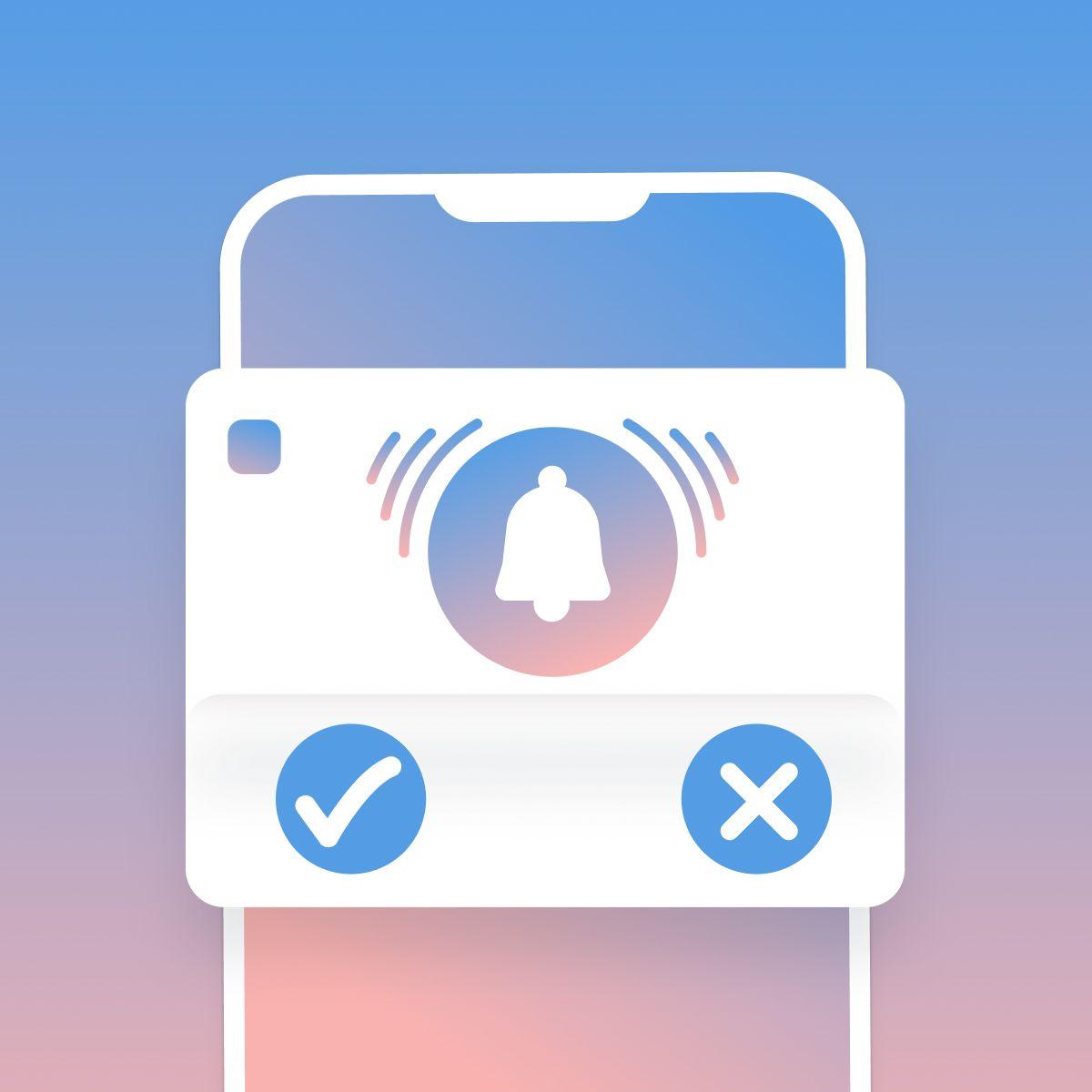

Julia Weinstock
Senior Customer Success Manager, Commercial, BrazeFor today’s smartphone users, push notifications are one of the main ways they hear from the brands they patronize. If you've ever received a push message, you know that they tend to grab your attention by either waking up your phone or popping up on the top of the screen while in use. This powerful cross-platform channel is responsible for the messages that pop up at the top of your phone’s screen and can be a highly-effective way to communicate simple messages that have a higher sense of urgency.
But this powerful tool has a catch—at least when it comes to push notifications sent to mobile devices or on your website. Namely, customers have to first opt in to receive push notifications before you can actually send them any messages (with one exception being provisional push messages on iOS). But that can be easier said than done, which is one big reason we recommend marketers consider leveraging push primers.
Why Should Brands Use Push Primers?
Too many times, we see brands immediately prompt new customers to opt in to push with a one-time generic system prompt before they know if or why they even should agree to receive these messages. This often leads to lower opt in rates and fewer channels you can use to reach your customers on.
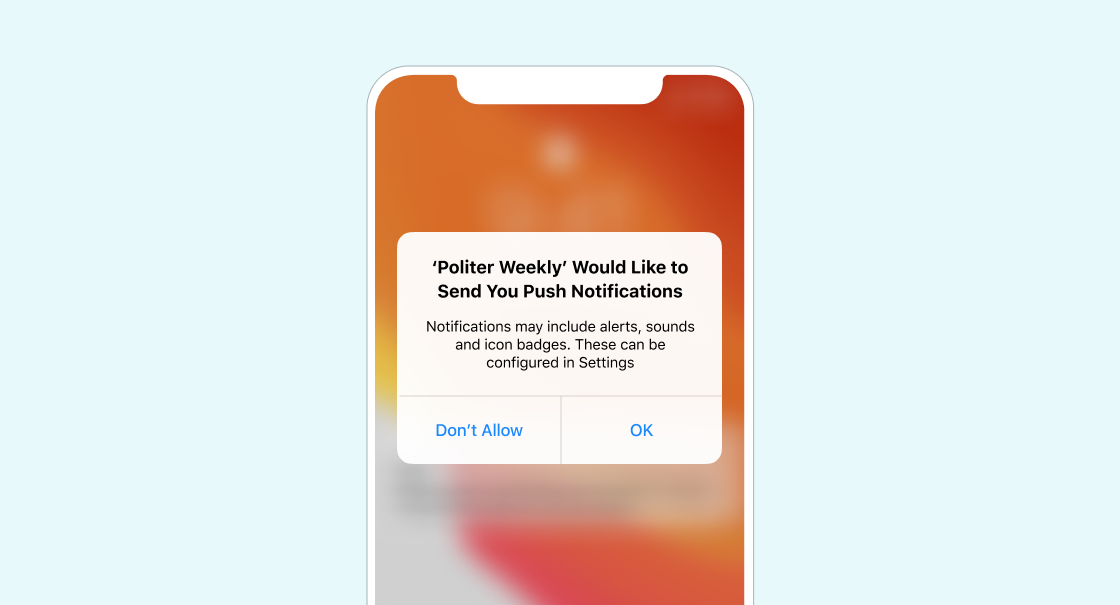
However, if you go to a big box store and grab a sample of the new granola bar they're selling, you're more likely to walk out of the store with a box of those things under your arm—am I right? Similarly, if brands were to offer their customers a little taste of what they'd get by opting in to push, their customers would more likely be willing to opt in. That's where push primers come into play. Push primers are like those free samples, but for push notifications—they allow customers to get a little taste of what they're going to get prior to actually purchasing the whole product.
Okay, But What ARE Push Primers, Exactly?
At their core, push primers are campaigns—typically sent using in-app or in-browser messages—that appear prior to the one-time system-level mobile or web push prompt. Brands can use push primers to offer up information to the customer regarding what types of messages they can expect to receive if they choose to opt in.
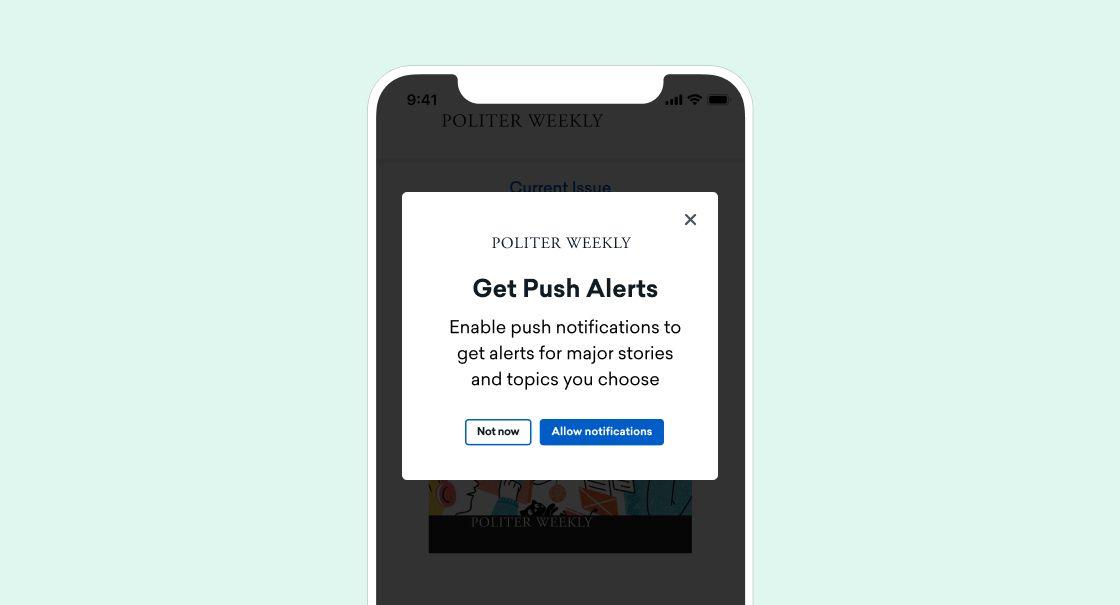
Brands should take advantage of this capability to let users know that they'll send them deal alerts or breaking news or even important shipping updates, giving customers an immediate reason to opt in to this channel before they even get the chance to explore your app in its entirety. An effective push primer also demonstrates your willingness to respect their user preferences. Many brands Braze works with have implemented Push Primers as a strategic way to garner opt-ins and, in turn, have seen an increase in their total number of reachable users!
When’s the Best Time to Leverage a Push Primer?
I mentioned earlier that dropping a push opt-in prompt the first moment that a new customer uses your app or website probably isn’t going to be the most effective way to get that opt-in. But when SHOULD you trigger a push primer?
While the ideal time will vary by vertical and brand, we’ve generally found that it’s best to hold off with the prompt until a user completes some sort of high-value action, indicating that they're starting to see value in your app or site, or when there's a compelling need that push notifications can address (i.e. after they've placed an order and you want to offer them shipping tracking information to keep them up to speed). This way, the prompt is not only relevant, but also beneficial to the customer, rather than just to your brand. (If you're still not completely sure what that moment is for your brand, you can test push primer timing yourself on a portion of your audience before rolling it out to your whole customer base.)
How Can Marketers Get Started With Push Primers?
If you’re already bought in and want to know how to implement this ASAP, don’t fret! Rather than reviewing all the technicalities here, check out our Push Primer Integration Guide to get started.
Final Thoughts
Keep in mind, while push primers are great for push notification opt-ins, the idea of a “soft prompt”' can be applied to other situations such as priming for location targeting or even IDFA permissions, etc. With increased focus and importance on consumer privacy, the opportunities may seemingly become endless!
To learn more, check out the Braze Push Notification Guide.
Related Tags
Releated Content
View the Blog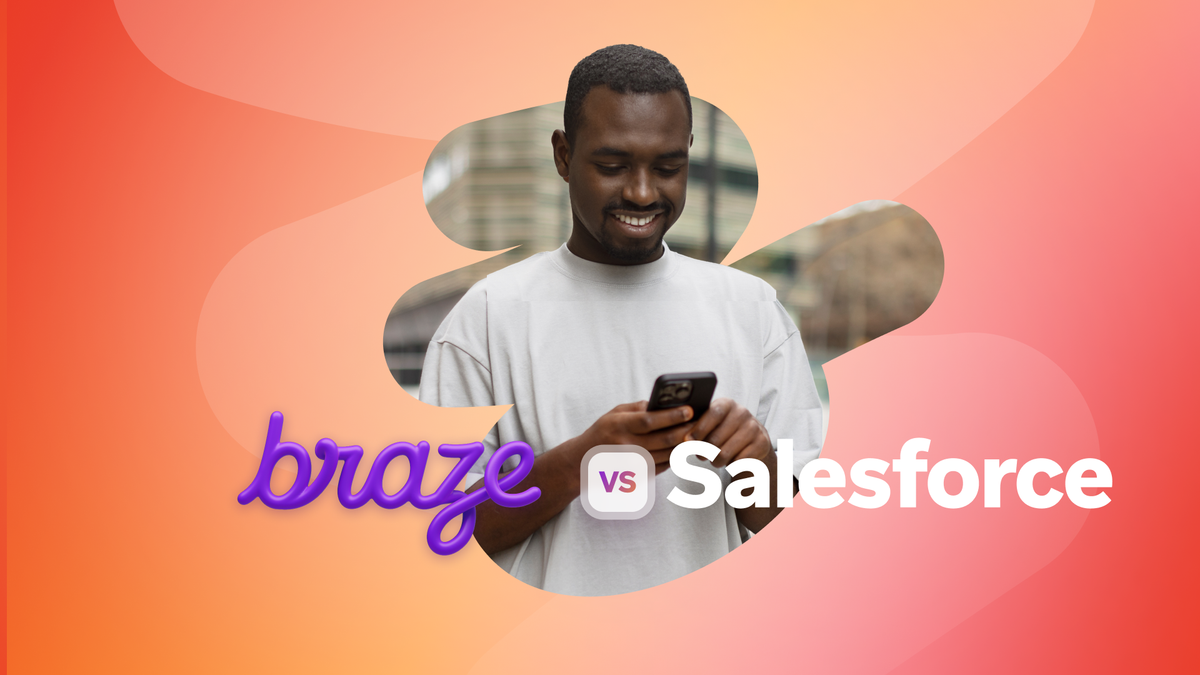
Braze vs Salesforce: Which customer engagement platform is right for your business?

Team Braze
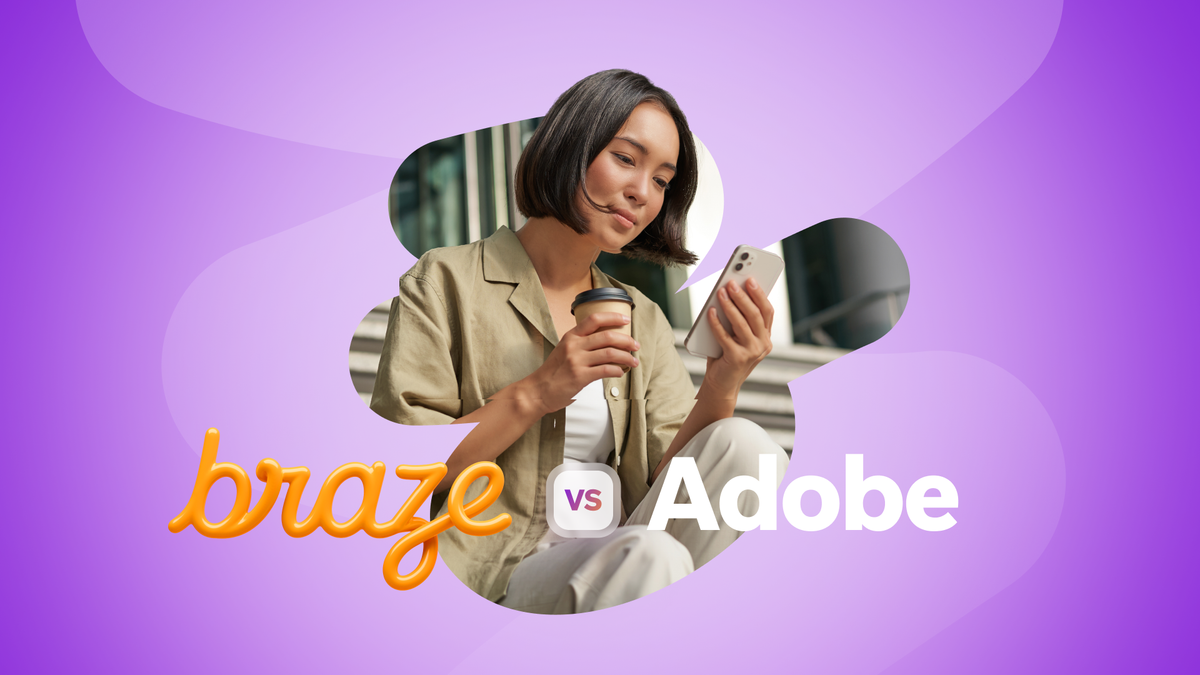
Braze vs Adobe: Which customer engagement platform is right for your brand?

Team Braze
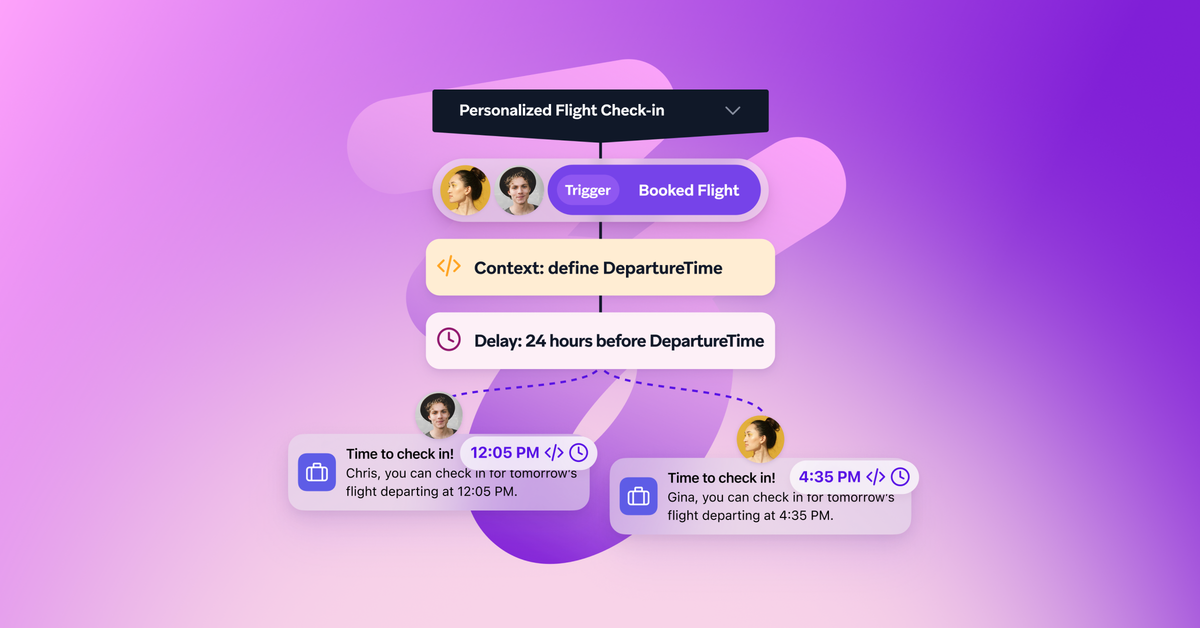
Every journey needs the right (Canvas) Context
